David Susskind

David Susskind
A Televised Life
Stephen Battaglio
ST. MARTINS PRESS  NEW YORK
NEW YORK
Table of Contents
DAVID SUSSKIND: A TELEVISED LIFE. Copyright 2010 by Stephen Battaglio. All rights reserved. Printed in the United States of America. For information, address St. Martins Press, 175 Fifth Avenue, New York, N.Y. 10010.
www.stmartins.com
Library of Congress Cataloging-in-Publication Data
Frontispiece courtesy of Associated Press
Battaglio, Stephen.
David Susskind : a televised life / Stephen Battaglio.1st ed.
p. cm.
ISBN 978-0-312-38286-5
1. Susskind, David, 19201987. 2. Television producers and directorsUnited StatesBiography. 3. Television personalitiesUnited StatesBiography. 4. Motion picture producers and directorsUnited States Biography. 5. Theatrical producers and directorsUnited StatesBiography. I. Title.
PN1992.4.S86B37 2010
791.4502'32092dc22
FIRST EDITION: October 2010
10 9 8 7 6 5 4 3 2 1
To my wife, Candice
David Susskind
Prologue
On the evening of October 10, 1982, The David Susskind Show celebrated the start of its twenty-fifth season on television. The program opened with its light orchestral theme, Gateway to the West, played over a compilation of host David Susskinds introductions from over the years. His sonorous, formal Good evening greeting never wavered, even as the black-and-white videotape of the programs early days turned to color and his hair changed from flecks of gray to wooly white. Right before your eyes you see a man ageyou see the whole death process coming, Susskind told viewers after watching his televised life flash by. It was not Susskinds nature to look back and reflect. As a producer, he was addicted to the adrenaline rush that came from making a deal to put together a TV show or a film. He was always consumed by the desire to move on to the next project. He insisted he had nothing to do with his anniversary program, which had been planned by his wife, Joyce, and Jean Kennedy, the longtime producer of The David Susskind Show.
As always, Susskind was dressed immaculately for his taping at the WNEW studio on the east side of Manhattan. He wore a crisp slate-colored designer suit, an elegant pink shirt, and a silk tie to match. Perched on a swivel chair on the shows set, his shoulders slightly hunched, he looked a bit older than his sixty-one years and well beyond his days as the tightly wound, noisemaking, angry young man who railed against the timidity of the TV industry of the 1950s and 1960s. I could see him visibly shaking, said Jim Shasky, who was in the WNEW control room directing the show. His hands were shaking. He wasnt well. But he became energized as he recounted taking on Nikita Khrushchev, facing off with furious feminists, and unleashing Mel Brookss hilarious revelations on being a Jewish son. His hands popped at the air with the rapidity of a featherweight boxer as he spoke excitedly. Susskinds role in exposing a wide range of ideas, trends, and personalities to viewers at a time when their media choices were minuscule was indelible, and he knew it. The David Susskind Show rarely made any money over its long run, and by 1982 Susskind was covering the losses out of his own pocket. It was still worth every dollar for him to have a TV platform.
Joyce Susskind joined her husband for the anniversary program. Ten years younger than Susskind, she still had the high cheekbones and soft feminine look that made her one of Canadas biggest TV stars since the 1950s, as Joyce Davidson. Several times during the hour, she gently took Susskinds arm to steer him into a commercial break or another clip of a past show highlight. There would not be many more tender moments between them. In the following year, a tumultuous one in many ways for Susskind, the glamorous New York couples marriage ended.
The second half of the commemorative broadcast featured guests considered longtime friends of The David Susskind Show. The lineup included Truman Capote, who made his first TV appearance on Susskinds show, at the time called Open End. The writer had been the Susskinds neighbor at the UN Plaza apartment complex along the East River when it was a magnet for glitterati residents in the 1960s. He had spent hours in the Susskinds living room having drinks and gossiping with Joyce, who became a close pal. Gloria Rabinowitz, an associate producer for the show at the time, remembered how Susskind would corner Capote in the elevator and inveigle him into coming on whenever he needed a lively segment.
Capote was joined by Norman Mailer, who over the years had sparred on the program with the likes of William F. Buckley Jr. and was once banned by station management in the 1960s because of his volatile reputation at the time. Rounding out the group was Anthony Quinn, a Susskind favorite since the early 1960s, when they made the film Requiem for a Heavyweight together, and actress Maureen Stapleton, who had recently won an Academy Award for her work in the film Reds. It was the kind of hodgepodge panel that was typical in the early years of Susskinds show, a modern-day salon where accomplished actors, writers, and journalists could get together for unguarded, freewheeling conversation.
Shortly before the taping began, Susskinds associate producer, Dan Berkowitz, had gone to the stations makeup room where he typically had guests sign release forms. The door was closed, which it never was, he recalled. And I had to get the releases from everybody. I sort of knock-knocked, opened the door, and there was Truman Capote, sobbing into Maureen Stapletons ample bosom. We were basically saying, Were ready to go. And I just looked at them. And she just looked at me and mouthed the words Give us a minute.
Capotes health had been in a major decline. He looked dissipated and out of it. Yet he still managed to be impishly funny on Susskinds program that night, especially when recounting his pronouncement that rich people were different because they eat little tiny vegetables. Norman Mailer told the story of how he was convinced he would be the alpha guest on a literary panel Susskind put together with him, Capote, and a frightened and shy Dorothy Parker that aired on January 18, 1959. That night, Susskind had become impatient with Mailers provocations that all politicians are whores and started looking at his watch. All right, Mailer said to himself, David isnt satisfied. Im going to sit back and see what kind of show he has. Mailer stopped talking. It was the greatest mistake of my life, he said. When the topic of On the Road author Jack Kerouac was raised before the panel, Capote disposed of the beat writer in five words: Thats not writing, its typing. The power of the putdown spoken by Capote in his bizarre, nasal voice reverberated among New Yorkers who watched, much to the massively egotistical Mailers dismay. Mailer admitted that the response to Capote made him feel like an actor who thought he was the star and suddenly the next day they said, That featured player is fantastic.
Many such moments of Susskinds earliest talk shows existed in memory only. In the 1950s and 1960s, TV stations considered videotape too expensive to use only once and then store. The reels were regularly degaussed and then used again. Susskinds evenings with such luminaries as James Baldwin, Lionel Trilling, Alan Jay Lerner, Roald Dahl, Jackie Robinson, Thurgood Marshall, Isaac Stern, Preston Sturges, Bertrand Russell, Adlai Stevenson, Claire Booth Luce, Bette Davis, and dozens more were gone forever. Quinn remembered one of those occasions in 1961 when he appeared with Tennessee Williams on a panel described in the TV listings as Interesting People with Strong Opinions. The playwright had too much tea, he said, and passed out on the actors lap.


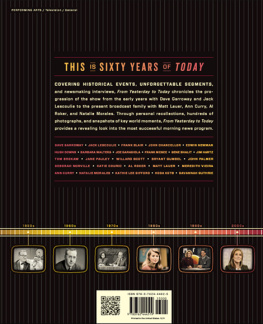
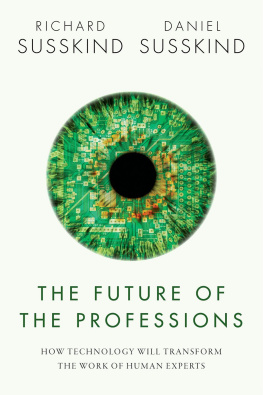
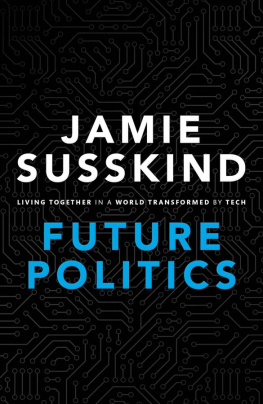
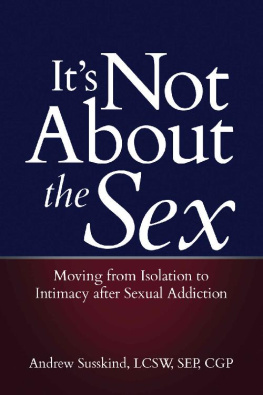
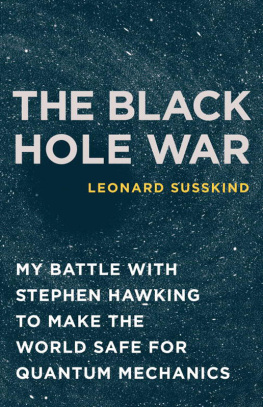
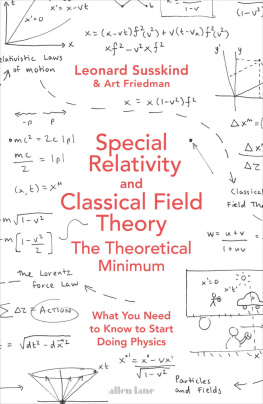
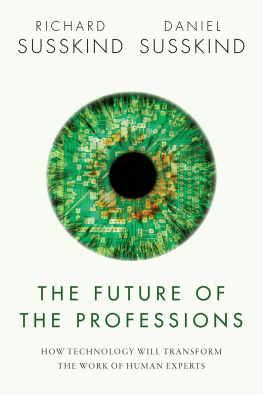
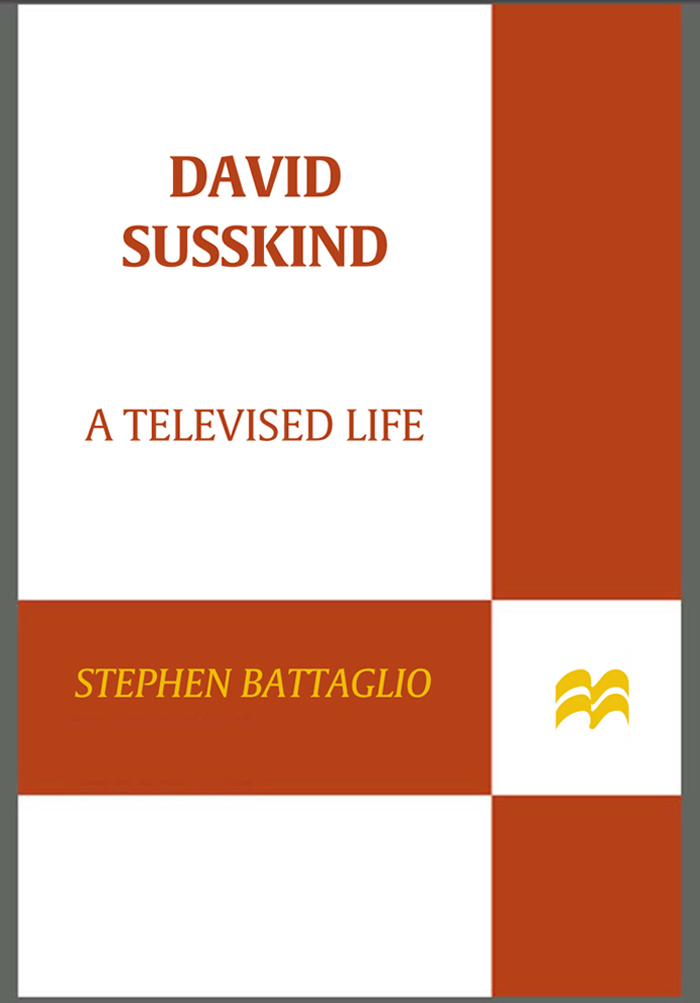

 NEW YORK
NEW YORK